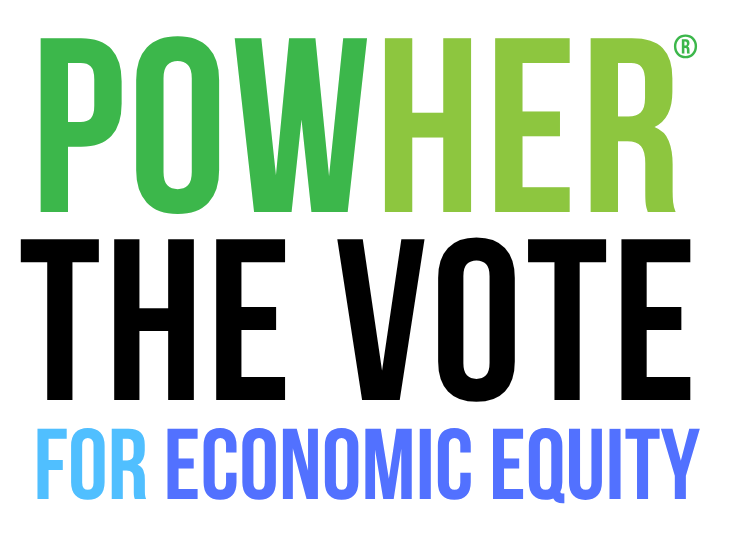
The 2025 election presents an important opportunity for New Yorkers. The candidates we choose to lead New York City will play a key role in how our city functions, as well as how it responds to federal actions that hurt New Yorkers and deepen inequality for women and people of color. We can protect our rights using local power!
With the economy and affordability at top of mind for voters here and across the country, now is the time for elected leaders at every level to stand up for economic equity and against federal attacks on workplace anti-discrimination efforts and workers’ rights. Our leaders must address the effects of impending cuts to key social services for women and families and a growing movement to erase the gains of the last 60 years,
That’s why PowHer®NY is leading a coalition of 100+ gender and racial justice organizations, and women and advocates across New York City, to #PowHerTheVote for Economic Equity in the New York City primary election.
In this election, New York City women need local leaders who will fight for them, to protect the progress we’ve made and build women’s power in the economy.
To ensure women can survive and thrive in New York, together we can:
Engage more voters across New York to speak out and vote in June
Educate voters and candidates about Economic Equity
Ensure voters are knowledgeable about using ranked choice voting
New York City elections use the ranked choice voting system, where voters have the option to rank candidates in order of their preference. As a voter, that means that if your first choice doesn’t win, your ballot counts towards your second choice, and so on. As a result, you can support your favorite candidate without worrying about whether they’re likely to win!
In New York City elections, you can rank up to five candidates. Ranking other candidates does not harm your first choice.
Tips for Strategic Ranking
If you strongly oppose a candidate and do not want them to win, don’t rank them at all! Leave their row blank.
To maximize your ballot, use all five opportunities to rank a candidate, even if you’re only there for just one.
Check to see who your top choice candidates are cross-endorsing, for guidance on who else to rank.
See how ranked choice voting works on the NYC Votes site: Practice ranked choice voting

In June, New Yorkers who are registered with a party will have the chance to vote in primary elections.
Voters will select candidates to represent their party in elections for:
- Mayor
- Public Advocate
- Comptroller
- Borough President
- City Council member
Additional offices that may appear on your ballot:
- Delegate to Judicial Convention
- Alternate Delegate to the Judicial Convention
- District Attorney (Manhattan)
- Judge of Civil Court
- Surrogate
- Male District Leader
- Female District Leader
June 14th | NYC Primary Election Early Voting Starts
June 22nd | NYC Primary Election Early Voting Ends
June 24th | NYC Primary Election Day
October 25th | NYC General Election Early Voting Starts
November 2nd | NYC General Election Early Voting Ends
November 4th | NYC General Election
Are You Registered to Vote in the Primaries?

How can we #PowHerTheVote for women’s rights and lives in this election?
By speaking out for economic equity!
Economic justice is deeply interconnected with key issues that impact equity for women, including reproductive freedom and maternal health, the care economy, housing justice, and gender based violence.Encourage our leaders to take an intersectional approach to economic equity and gender equity for New York women by learning about our top #PowHerTheVote issues.
Learn About Candidate Priorities
Find out where your candidates stand on these key gender equity issues by doing a little extra research!
Look up questionnaires issued to all candidates, like this one.
Ask your candidates where they stand using our #PowHerTheVote candidate questions on social media or over email!
Take a look at candidates’ platforms on their campaign websites.
 Ask the Candidate
Ask the Candidate
1. How will you address the continuing wage disparity that affects all aspects of the lives of NYC women?
2. If elected, how will you advance pay transparency and illuminate hidden pay inequities?
New York City made a national impact as a leader in implementing innovative pay equity legislation. PowHer® New York (PowHer® NY) was proud to be part of New York City’s early passage of a salary history ban and, more recently, the salary range disclosure law that had ripple effects across the nation and set off a wave of cities and states passing similar laws.
But, women in New York still earn only 87 cents for every dollar a man earns. Black, Latina, and Native women earn even less! The leaders we elect have the power to continue to propel New York forward with new policies like pay equity legislation that will make our city a leader in closing the wage gap. It’s time to elect leaders that will advance pay transparency.
With the recently introduced bill Int 808A, the New York City Council is considering strengthening and expanding requirements for transparency in New York City job postings.
In the footsteps of the E.U., U.K., and U.S. states Illinois and California, equal pay champions in the NYC Council have introduced Int 982 and Int 984 to require gender pay gap reporting to push large employers to analyze inequities in their pay systems and inform efforts to end those inequities.
 Ask the Candidate
Ask the Candidate
1. If you are elected, what will you do to ensure that every New Yorker who needs abortion care is able to access it here?
2. How do you plan to help eliminate economic barriers to reproductive health care?
Our state has made significant progress in securing New Yorkers’ rights to bodily autonomy and reproductive health care. Last November, New Yorkers took action to pass Prop 1: The New York Equal Rights Amendment, a powerful statement of support for gender equity and abortion access in New York. Yet, access to reproductive health care, and an end to the maternal health crisis, are still far from guaranteed.
With potential cuts to Medicaid and other funding sources for care, we need our elected leaders to invest in sexual and reproductive health care to ensure affordability and access for ALL New Yorkers, as well as those who travel here from more restrictive states for care.
When affordability is a barrier to access to essential care, economic equity becomes key to reproductive justice. We must combat persisting income inequality and wage discrimination for New York women, to ensure womens’ access to reproductive health care.
 Ask the Candidate
Ask the Candidate
1. On average, the annual income of child care workers across the state is less than $35,000 a year and few receive any benefits on the job, not even health career or a retirement plan. What is your plan to improve compensation and benefits for the early childhood workforce?
2. Do you have a plan to assist families in meeting the high cost of child care?
Access to affordable child care and home care allows women to support their families and pursue their careers of choice instead of taking on an unfair share of unpaid care duties. To achieve this, we need strong investment in an equitable care economy which includes fair wages for care workers, an overwhelming majority of which are women and especially women of color.
Facing cuts to Medicaid and key child care programs like HeadStart, it is even more important now to take action on the local level to expand child care and home care access. It’s time to #PowHerTheVote for accessible care, fair wages for care workers, and transparency to illuminate wage inequities!
 Ask the Candidate
Ask the Candidate
1.What do you see as the most important housing and tenant rights issues in NYS State at large, and what will you do about them as a state elected official?
2. In your approach to housing policy, how will you address disproportionate housing hardships women and people of color bear because of economic inequity?
In New York, the housing crisis is acute. Rents, evictions, and homelessness are at record highs. While housing costs are a main concern and burden for New York residents across the board, the effects of our housing crisis are not felt equally among all New Yorkers. Women and people of color disproportionately face hurdles to secure, stable, and affordable housing opportunities, often due to the compounding effects of gender, racial, & economic injustice.
Housing policies that leave tenants vulnerable to unfair eviction and that make housing inaccessible only make existing inequalities worse. The leaders we elect in June can be strong allies to tenants and homeless New Yorkers and push back against the powerful real estate industry.
Our leaders can also push for justice in housing by fighting for pay equity, so women and people of color can access the economic stability and opportunity needed to shoulder the costs of housing.
 Ask the Candidate
Ask the Candidate
1.What do you believe is the next step for protecting and uplifting survivors of domestic violence, sexual assault, and workplace harassment in New York City?
2. What is your plan to support economic security and empowerment for survivors of gender-based violence in New York City?
New York has passed important laws to support gender-based violence survivors, making it easier to file complaints against workplace harassment and discrimination, preventing retaliatory action and discrimination against employees with survivor status, and providing accommodations and opportunities to use paid time off for reasons related to domestic violence or a sexual offense.
Despite our progress, we must continue to fight back against sexual assault and workplace harassment, recognizing the ripple effects it can have on all aspects of the lives and careers of victims, who are disproportionately female. To create a more equitable New York for all women, we must choose leaders who will courageously stand up for survivors, and condemn sexual assault, harassment, and domestic violence wherever it occurs.
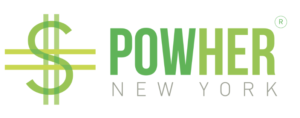
PowHer New York’s annual non-partisan, non-profit election season initiative, PowHer the Vote (PTV), has engaged communities across New York since 2016, providing key information to the public about voting, and educating both candidates and the public about legislative priorities to advance women’s rights. PowHerNY, a 501c3, is a network of over 100 organizations working in collaboration to attain women’s economic equality. More info at powherny.org.